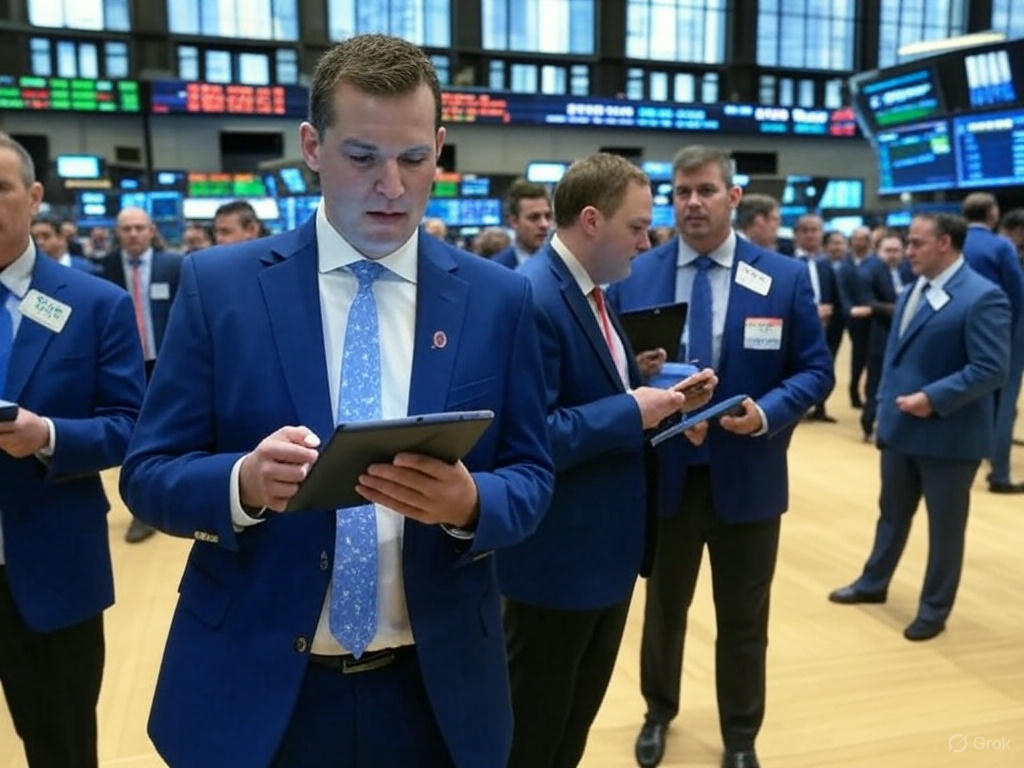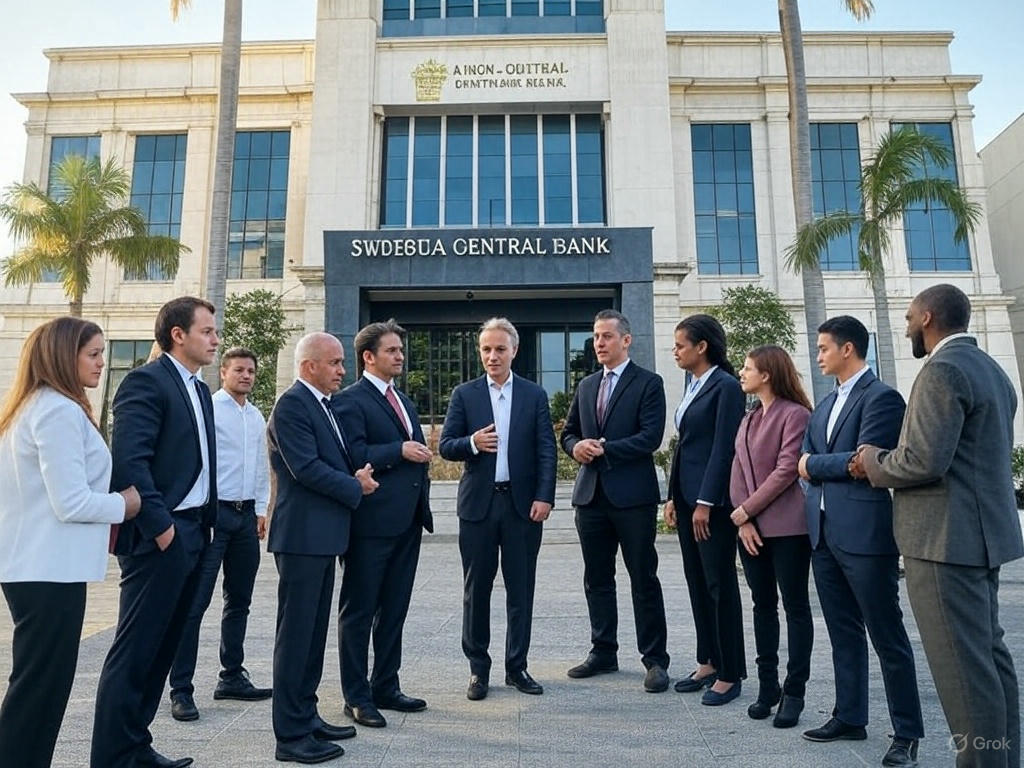March 18, 2025 — A total of 80 public companies have now added Bitcoin to their corporate treasuries, cementing the cryptocurrency’s ascent from fringe experiment to mainstream financial asset. The milestone, reached this week, reflects a bold pivot by businesses navigating a world of persistent inflation, geopolitical uncertainty, and shifting monetary paradigms. Together, these firms hold more than 1.2 million BTC—a stash worth billions—reshaping balance sheets and redefining risk in the C-suite.

Where Towers Meet Transactions: The Rise of Bitcoin in Corporate America
The surge builds on a trend ignited years ago by early adopters like MicroStrategy Inc., which has amassed over 200,000 BTC, and Tesla Inc., whose initial foray sparked headlines and controversy. Now, the movement spans a diverse cohort: tech innovators, industrial stalwarts, and even retail behemoths. Horizon Dynamics Ltd., a renewable energy player, has allocated 5% of its cash reserves to Bitcoin, calling it “a shield against currency erosion.” Nexus Corp., a household name in global retail, added 10,000 BTC to its books, dubbing it “a cornerstone of our long-term capital strategy.”
The numbers tell a story of accelerating adoption. In Q1 2025 alone, 22 companies joined the Bitcoin club, up from just eight in all of 2024, according to data compiled by Bloomberg. Market watchers attribute the rush to a perfect storm: stubbornly high inflation—hovering at 6% in the U.S.—coupled with a weakening dollar and growing unease over central bank policies. “Bitcoin is no longer just a speculative play; it’s a survival tool,” said Emily Tran, chief strategist at Apex Capital Partners.
Yet, the embrace of Bitcoin is proving to be a double-edged sword. Share prices of these 80 firms now dance to the crypto market’s volatile tune, with some posting 30% gains in a single week, only to shed half that value days later. Investor sentiment is split—while crypto bulls cheer the diversification, traditionalists warn of a bubble primed to burst. “This isn’t prudent stewardship; it’s a high-stakes bet,” cautioned veteran analyst Robert Kline of Kline & Co.
Beyond the boardroom, the shift is reverberating through workforces and regulators alike. At Nexus, employees have petitioned for Bitcoin-denominated bonuses, while Horizon Dynamics faces a shareholder lawsuit alleging misallocated funds. Globally, policymakers are racing to catch up. The European Union is mulling stricter crypto reporting rules, while China has doubled down on its ban. In contrast, nations like Singapore are positioning themselves as hubs for this corporate crypto wave.
For now, the 80 pioneers stand at the edge of a financial frontier. Their wager on Bitcoin—a decentralized vision now 16 years old—could herald a new era of corporate resilience or a cautionary tale of overreach. As markets gyrate and debates intensify, one thing is clear: the line between Wall Street and the blockchain has never been thinner.




